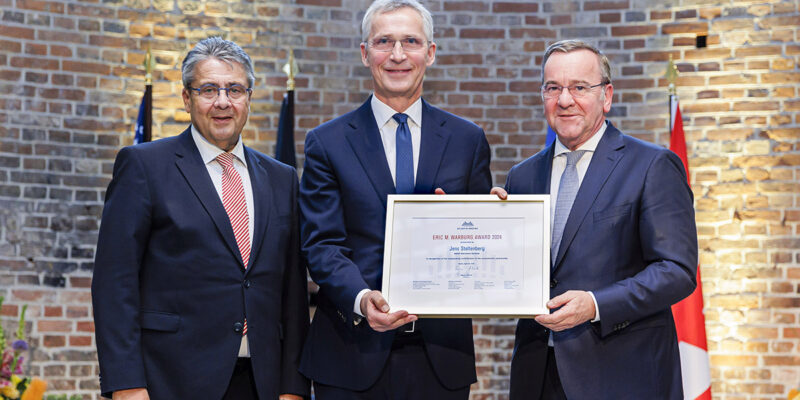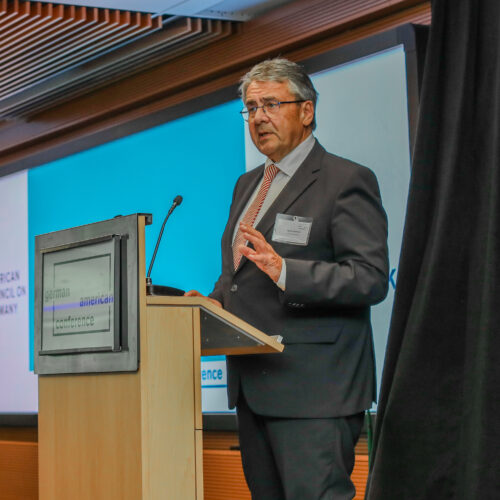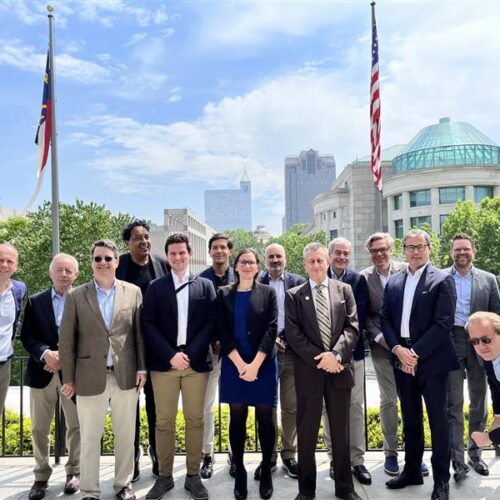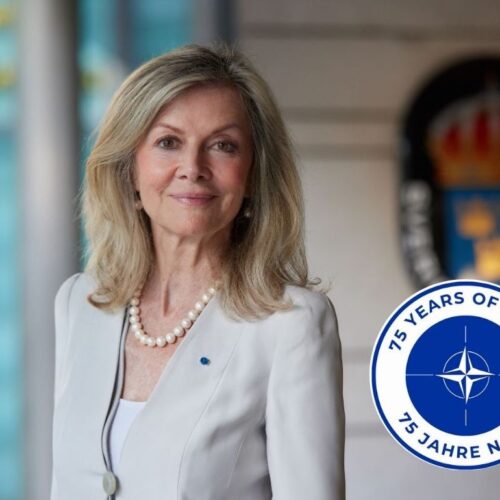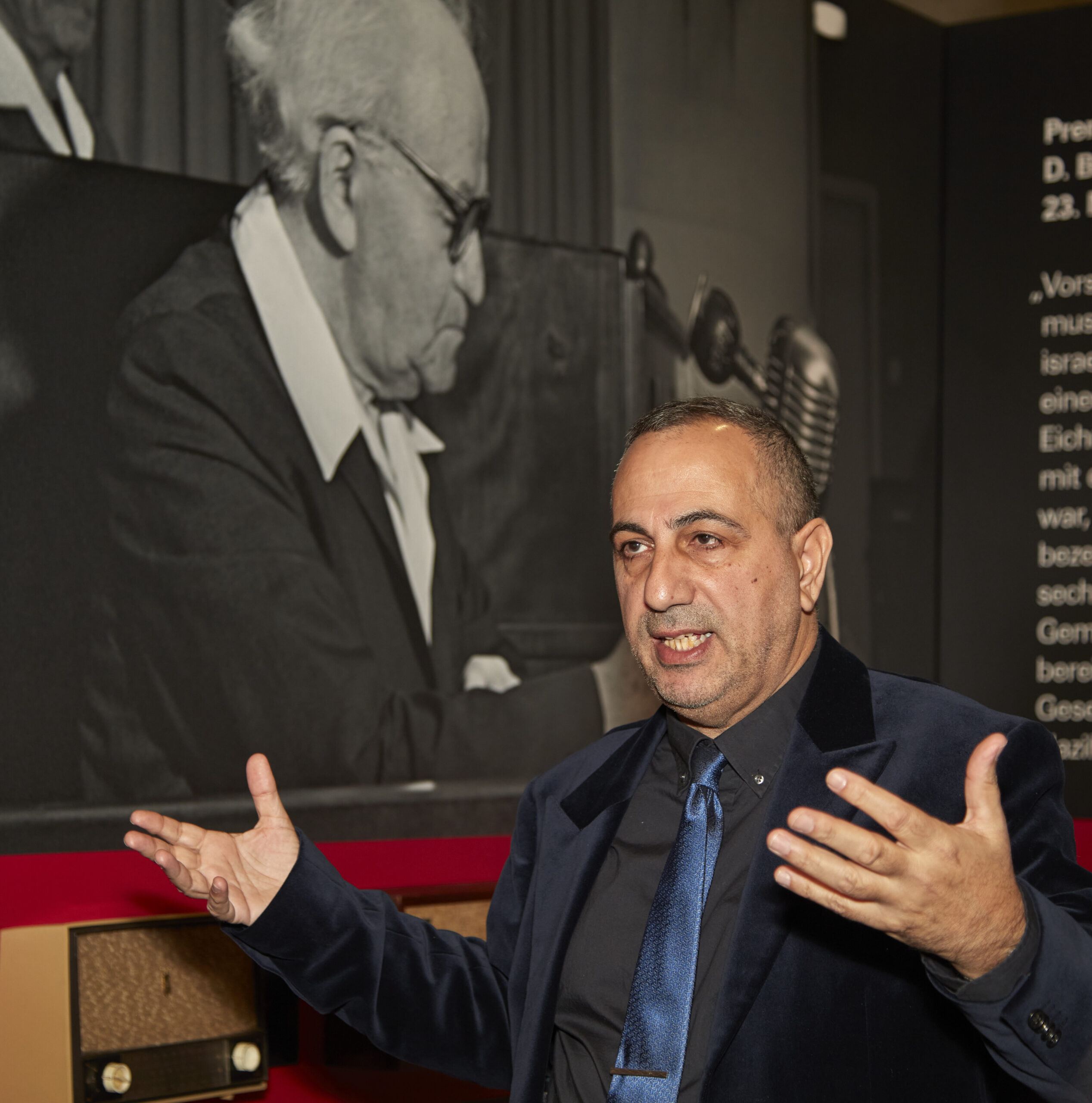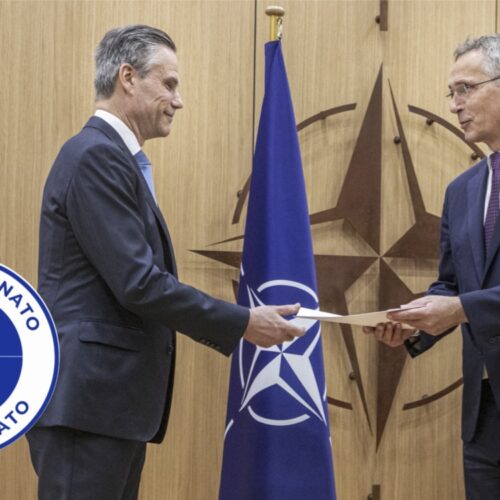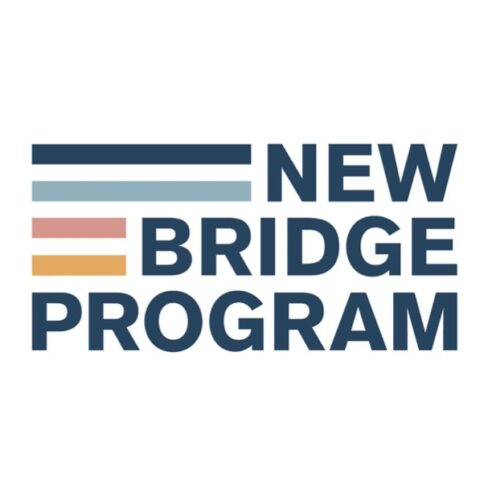Stoltenberg: „Demokratien sind stärker als Autokratien“
Die Atlantik-Brücke hat NATO-Generalsekretär Jens Stoltenberg mit dem Eric M. Warburg-Preis ausgezeichnet. Er erhielt die Ehrung aufgrund seines herausragenden Engagements für das transatlantische Bündnis in Zeiten des Krieges und der Bedrohung durch autoritäre Regime. Die Laudatio hielt Irina Scherbakowa von der mit dem Friedensnobelpreis ausgezeichneten russischen Organisation Memorial. Den Preis überreichte Bundesverteidigungsminister Boris Pistorius.

